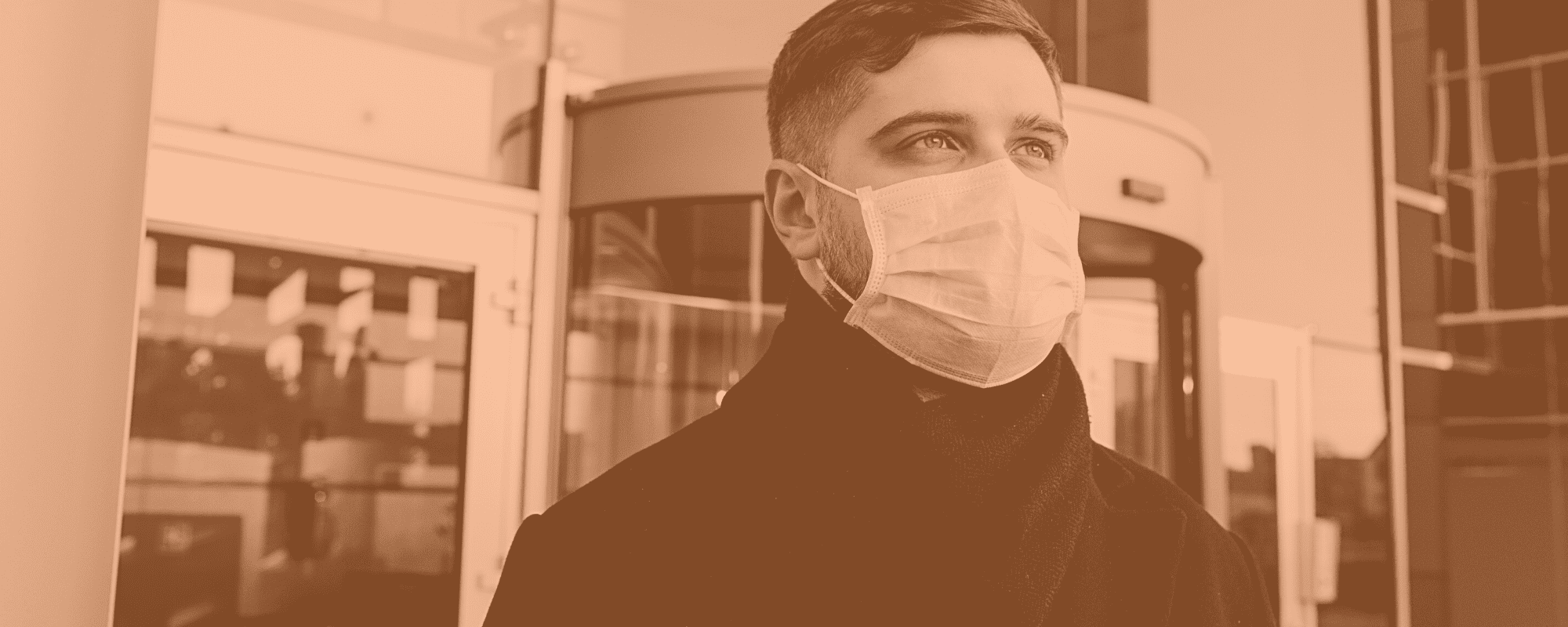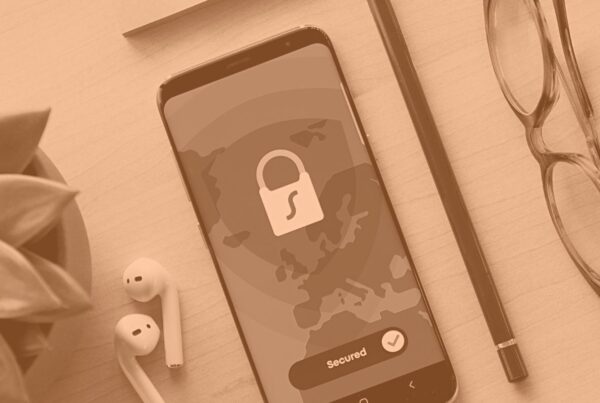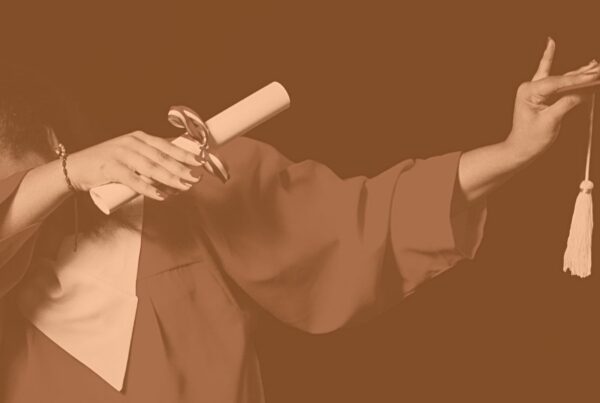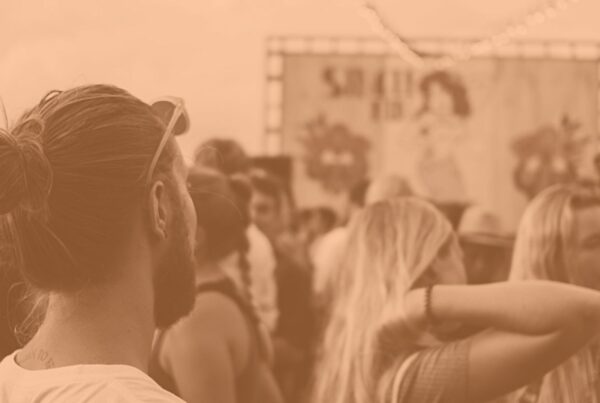Over the years, event profs had to ask themselves many questions. These were anything from “what AV company should I hire” to “what color palette should I choose” and beyond. But never before, at least not to this extent, did they have to wonder about the chances of attendees being seriously harmed – or even dying. But now that COVID-19 has become part of our day to day lives, things are different. And this is why this week we’ll be talking about responsibility in events.
Recently, it was reported that a wedding in Washington was linked to seven deaths. Deaths of people who didn’t attend. And this got the Brew Crew thinking – where do we go from here? If we start planning hybrid events or very small gatherings, what happens if someone gets sick? How far does responsibility in events go? And what are the legal consequences? Well, time to find out. Press play and join us for another exciting episode of Event Brew!
Walking On Dangerous Ground
Dustin opens with an interesting question pertaining to the events industry. “The hospitality industry specifically is one of the few industries that is being required to do contact tracing. And I think that’s really dangerous. A lot of restaurants will take your name and your phone number so they can contact trace you. Any event you go to, chances are very good. They’ve got registration information. They know who you are, they know how to contact you”.
“So is there a danger in the events industry and the hospitality industry being singled out as the one place that they could trace back to, even though that may not necessarily be where the cause is? If we’re the only ones that are doing the contact tracing and we’re the only ones that are left in the line of fire, I think that is really, really dangerous”, he adds.
Will concedes that this is a valid point. “This also probably stretches to liability across the entire industry in a lot of ways”, he says. “And that’s one reason why we’ve always fought for more regulation and more systems and barriers to entry”.
The Blame
This particular wedding mentioned above was planned by a professional who knew what they were doing. And that, of course, brings a lot of feelings to the table. Will points out frustration and anger, in particular if “I heard that that person could continue doing their business and not be held responsible”.
Laying The Blame
Dustin begins to wonder who is to blame here. “Let’s put all of the event partners in a bucket. Who ultimately is responsible for this taking place? Is it the bride and groom? Is it the event part or the event planner? Or is it the venue? At which point should it have stopped? And who’s going to get sued?”.
“I think it’s the bride and groom”, he says. “The bride and groom made the guest list, invited the folks, paid the bill. I think that they’re ultimately responsible. And I think second to that, the venue holds a big part of this because restrictions are restrictions. And they allowed, they created the space that allowed those people to come. If you break fire code and something happens and you’re a venue, you get big consequences for that”.
“If there’s a drunk driving accident, and someone is at a wedding and drinks quite a bit, and then goes to a bar and then drinks a bunch and then goes to another bar and drinks a bunch…there isn’t someone in that chain that is at fault. The chain is at fault, and there’s a percentage of the blame. And I think most people are looking at this without a lot of legal precedents”, says Nick. “I would say shame on you, any human being at this point who doesn’t do their due diligence. You got COVID because you were lax. If you show up to a wedding with 300 people right now, you’ve just assumed some liability as far as my mind is concerned”.
Responsibility In Events: Vendors
Everyone in the Brew Crew agrees that the clients (in this case, the bride and groom), are the most responsible for what happened. And in this, they are joined by the guests, the venue, and, to some extent, the planner. But what about the vendors?
“I think they would have a really hard time being charged. They’re absolutely accomplices. They’re unprofessional”, says Nick. “But it’s not illegal to be unprofessional – they just suck. They shouldn’t brag about being associated with that event at best”.
“Honestly, if somebody called my company tomorrow and said, hey, we know the rules are this, but you know, we’re doing it on private property. Or they tried to bamboozle me. I’d be like, nope. And I know vendors that would do it. I think my biggest fear would be, I do not want to be linked to anything that goes sideways. And I still believe that you can gather people safely. That you can do it properly. But I would follow the rules”, adds Dustin.
Facing Reality
Will circles back to the blame and the responsibility in events issue by bringing up active shooter scenarios or stages collapsing. But it’s not that simple. “All it takes is for any human being to sneeze or cough. And all of a sudden you would have that effect. It takes a prepared, desperate mind to go to an event and do that versus a very accidental human behavior of doing something that would leave a trace of a virus”, says Nick. “So one is very much intent-based, extreme behavior. And the other is very easily an accidental thing that happens”.
“And I think that that’s why they just say play it safe. There are jokes about if you have to be six feet, then why do you need to wear a mask? And it’s because we’re trying to create a culture that has some double checks on things. Because likely you won’t do both, but you might do one. And it creates these habitual things that are going against the way that you normally do in order to hedge your bets. Because neither wearing a mask nor being six feet are a big deal in comparison to death”, he adds.
A Dangerous Mentality
When it comes to responsibility in events, it will inevitably fall more and more on attendees. At least where COVID is concerned. “I think what’s going to happen that certain people, and more and more of them, will just make the decision that this is a gamble”, says Nick. “That we’re all gonna die, and COVID just might be the way you die. Some people aren’t gonna make it. Not all of us are going to be successful. And I think that as this goes on, there’s going to be people like that. At that point, I believe that the attendees are going to start to have to take more and more responsibility”.
“The story is out. It’s been out for a year. And if you aren’t doing these things, it’s because you’ve made a choice and you’re not into the science, you’re into the gamble. So buyer beware. In the dead center of the biggest pandemic in 100 years, attendees will have to take more responsibility”, he adds.
Taking Accountability
“People don’t understand nuance. So half of the world believes that everyone should watch everyone else and be their brother’s keeper and a nanny state. And the other half believes anything goes and the strong survive. The reality is that there are certain things that are negligent, that you don’t know about as a human being”, says Nick.
“But then there are things like 24/7 media talking non-stop for nine months about COVID. And then walking into an event with hundreds of people and being like, I didn’t know. That’s the problem. Yes, there are situations where regulation should come in and legality should come in and there should be compensation for people who were taken advantage of. But there are also instances where come on, you know that you shouldn’t be there. That’s a bad place to be”, he adds.
Responsibility In Events: Take It
“There are people this is very real for. There are people who have it much tougher. So what is your threshold? What are you willing to do in order to help, for the greater good and other people? And I think that’s the line. As event professionals, we should be the people who are always concerned about how we impact the groups of people and how we bring people together”.
“We can’t have the mentality of look, people, just do whatever you want to do now. I’m not speaking legally. I’m just saying, from a professional standpoint, from even beyond professional, why do you do what you do? I can’t imagine someone who got into this profession and really believes in risking people’s lives. Because what’s the point? It’s just contrary to our existence”, Nick concludes.










